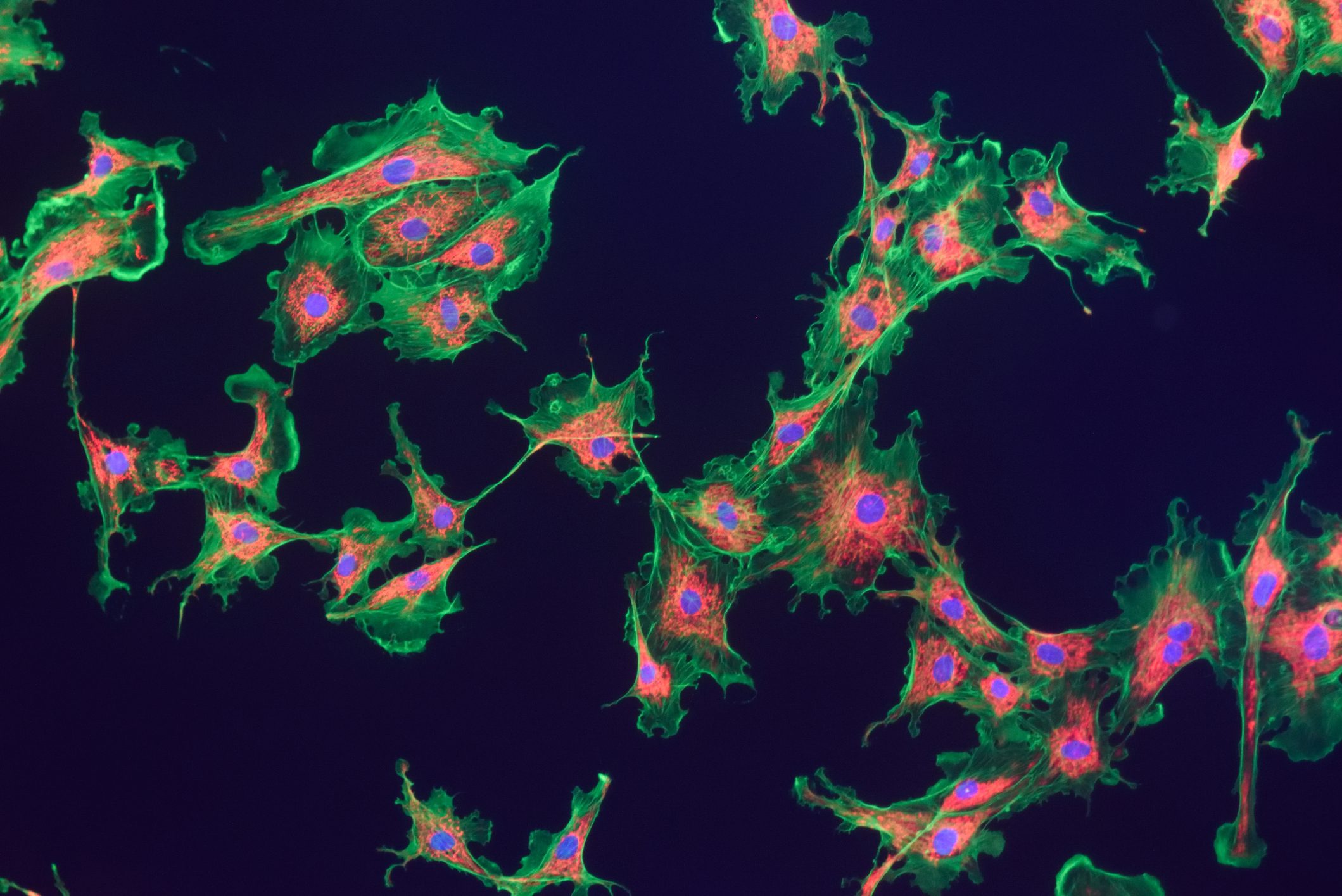There are various indications in the specialist literature that the gram-negative, non-pathogenic bacterium Vitreoscilla filiformis (V. filiformis) has a beneficial effect on atopic skin. New findings confirm earlier reports of a successful application of this bacterial lysate as part of an “emollients plus” strategy.
Autoren
- Mirjam Peter, M.Sc.
Publikation
- DERMATOLOGIE PRAXIS
Related Topics
You May Also Like
- Case Report
76-year-old patient with pustular skin rash
- Sponsored Content: Psoriasis
Dauerhafte Erscheinungsfreiheit auch bei betroffenen speziellen Hautarealen
- Antithymocyte globulin in children with T1D
Old medicine, new hope
- Ginkgo biloba
Database of preclinical and clinical studies is becoming increasingly larger
- Digital biomarkers
Continuous monitoring using digital biomarkers in MS care
- Benefits, limits and safety aspects
Phytotherapy for cardiovascular diseases
- Results of the FOREST HCM study
Symptomatic obstructive hypertrophic cardiomyopathy
- Neuroprotection, resilience and cognitive health in old age











